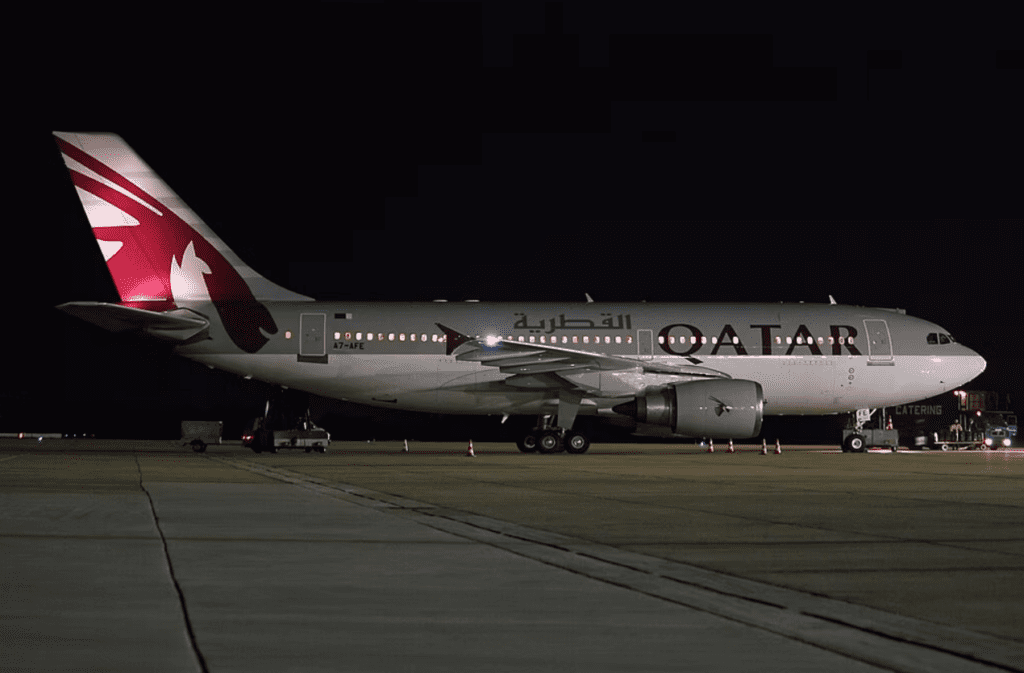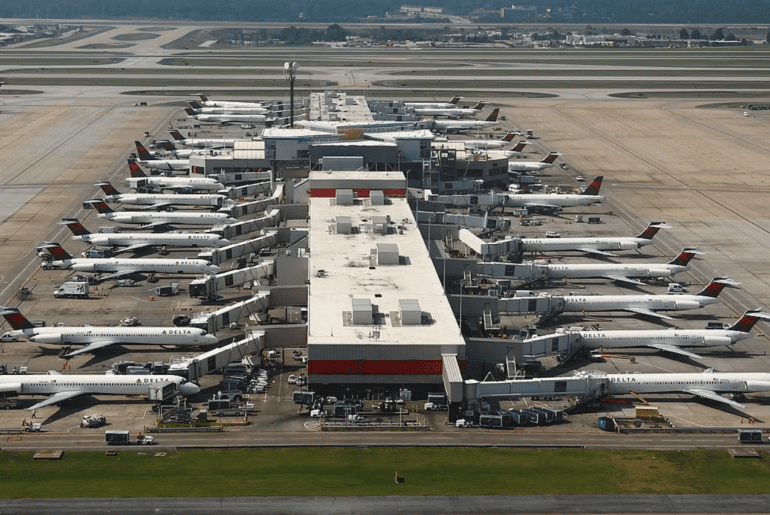TL;DR:
- Hamad International Airport (DOH) is utilizing EMMA, an AI system, to optimize operations and enhance safety.
- EMMA improves communication between airports, airlines, and air traffic controllers, resulting in increased efficiency and on-time arrivals.
- The system adapts and learns from real-world operations, fine-tuning its algorithms and accommodating future growth.
- EMMA offers benefits such as improved decision-making, better planning, reduced operational costs, and decreased carbon emissions.
- The success of EMMA sets new standards for airport operations globally and paves the way for smarter and greener airports.
- EMMA is expected to expand to the United States, potentially reducing taxi time and enhancing operational efficiency.
Main AI News:
Airports are intricate webs of activity, with a constant influx of passengers, flights, and cargo streaming through their gates day in and day out. Managing operations efficiently and ensuring a seamless travel experience for passengers is an intricate task that demands careful orchestration. Enter EMMA – Environmental and Movement Monitoring for Airports – an AI system that is reshaping the landscape of Doha’s Hamad International Airport (DOH), renowned as the second-best airport globally, according to SKYTRAX. EMMA optimizes operations, bolsters efficiency, and prioritizes safety, setting new industry standards.
EMMA, spearheaded by its CEO and co-founder Wisam Costandi, addresses a critical challenge faced by airports worldwide – ineffective communication between airports, airlines, and air traffic controllers. This communication gap often results in inefficient processes, causing substantial time and revenue losses. To bridge this gap, EMMA was conceived as a futuristic platform empowered by Artificial Intelligence (AI) and Machine Learning (ML). By leveraging advanced algorithms and real-time data, EMMA adeptly manages aircraft, vehicle, and personnel movements on the airport’s apron and taxiways. This transformative utilization of AI and ML technology propels Hamad International Airport into a new era of unrivaled efficiency and productivity.
In a recent statement shared with Simple Flying, Costandi emphasized the impact of EMMA: “EMMA brings improved coordination and provides greater visibility into all airport operations for all stakeholders, increasing efficiency and resulting in more on-time arrivals and departures, while decreasing CO2 emissions considerably.” The profound benefits of EMMA extend far beyond improved coordination.
One of EMMA’s most remarkable features is its adaptability and capacity to learn from real-world operations. Through continuous data collection and ML algorithms, this AI system grows increasingly intelligent over time. It fine-tunes its predictive capabilities, seamlessly adjusts to changing airport dynamics, and accommodates future growth. This exceptional flexibility ensures that EMMA remains an invaluable asset, capable of meeting the evolving needs of the airport and optimizing resource allocation.
The advantages reaped by airports employing EMMA are manifold. Enhanced efficiency, improved decision-making, better planning through increased predictability, enhanced accuracy and timeliness, optimized slot performance, resource utilization, and reduced ground delays collectively contribute to decreased operational costs and a significant reduction in carbon emissions. The positive impact on both the environment and the bottom line is undeniable.
The implementation of EMMA at DOH has set a new industry standard for airport operations worldwide. By harnessing the power of AI and ML, Hamad International Airport has witnessed a transformation in its operational landscape, ensuring optimal efficiency, heightened safety measures, and an elevated passenger experience. As airports around the globe observe the success of EMMA, it is anticipated that AI systems will increasingly shape the future of aviation, leading to smarter, greener, and more passenger-centric airports.
Looking ahead, the expansion of EMMA into the United States is on the horizon. This decision comes in response to growing concerns over taxi time at 30 of the country’s largest airports. According to a study by Airlines for America, between 1990 and 2018, taxi time increased by 19% at these hubs and 24% at 31 medium-sized airports. EMMA’s arrival could herald a positive change in this regard, as reported by The New York Times. As the deployment of EMMA gains momentum, the potential for reduced taxi time and enhanced operational efficiency at major U.S. airports becomes an exciting prospect on the near horizon.

Source: Mulag via Wikimedia Commons
Conclusion:
The implementation of EMMA at Hamad International Airport signifies a groundbreaking development in the aviation industry. By leveraging AI and ML technologies, EMMA revolutionizes airport operations, optimizing efficiency, ensuring on-time performance, and reducing environmental impact. This innovative system sets a new benchmark for airports worldwide, driving the adoption of AI systems in the aviation sector.
As EMMA expands its reach, it not only promises enhanced operational efficiency but also opens up opportunities for the market to embrace advanced technologies that lead to smarter, greener, and more passenger-centric airports. This shift towards AI-driven solutions represents a significant opportunity for companies specializing in airport management systems, data analytics, and AI technologies to thrive in a rapidly evolving market.

